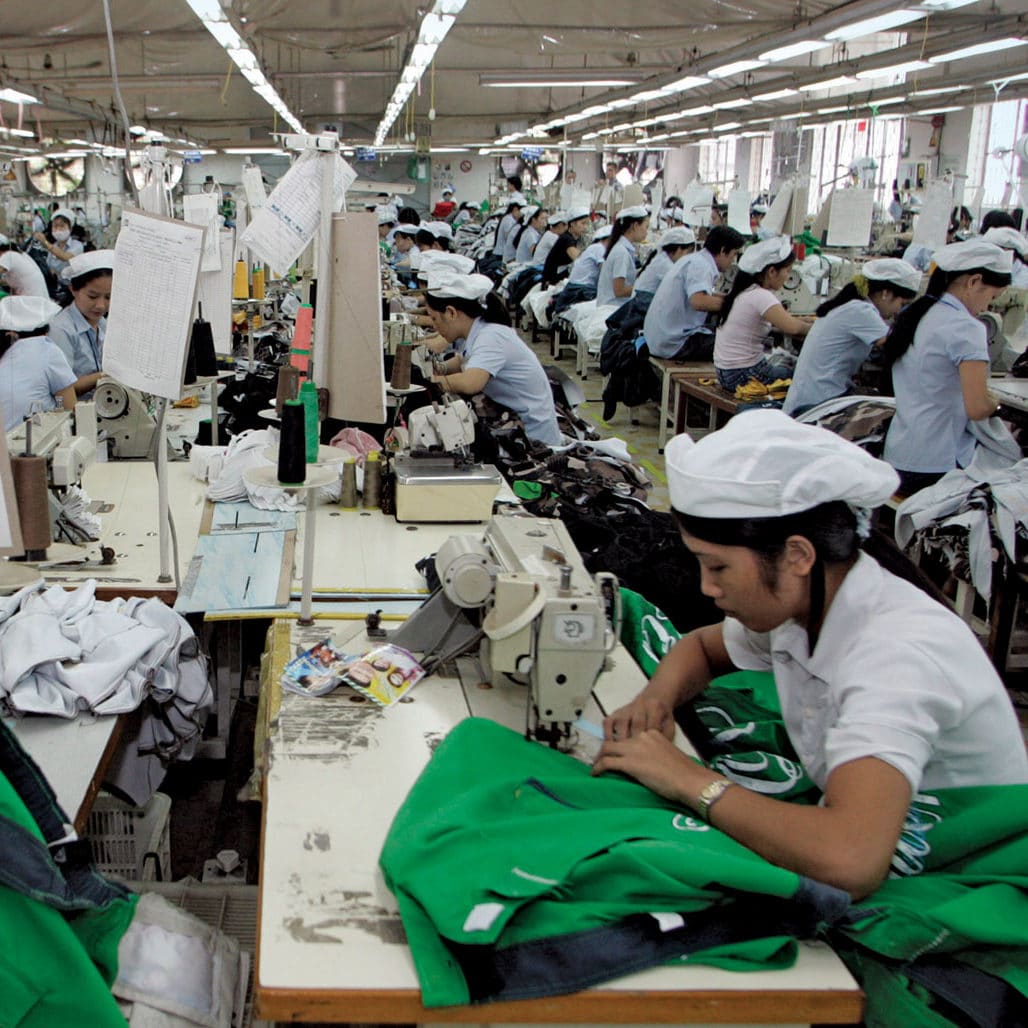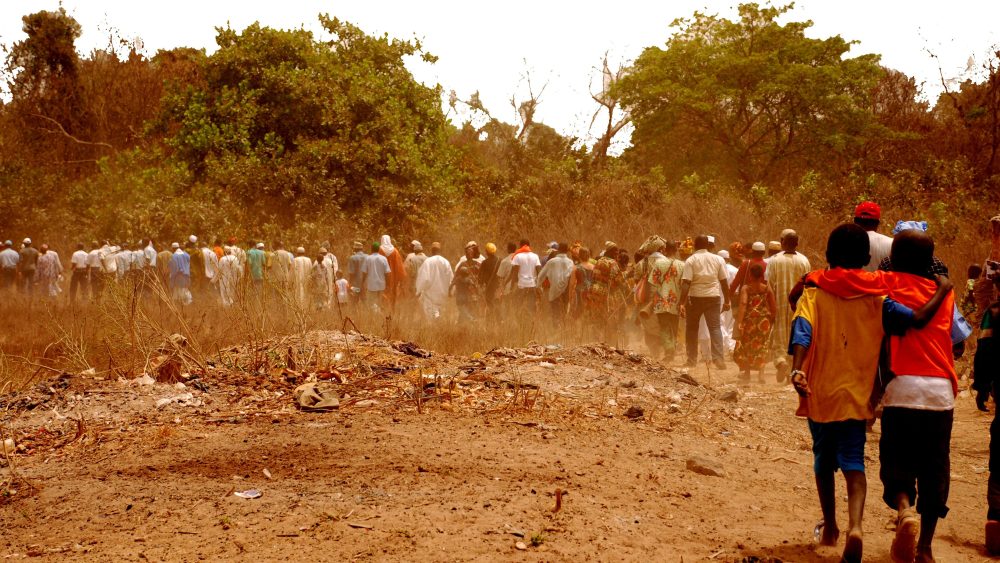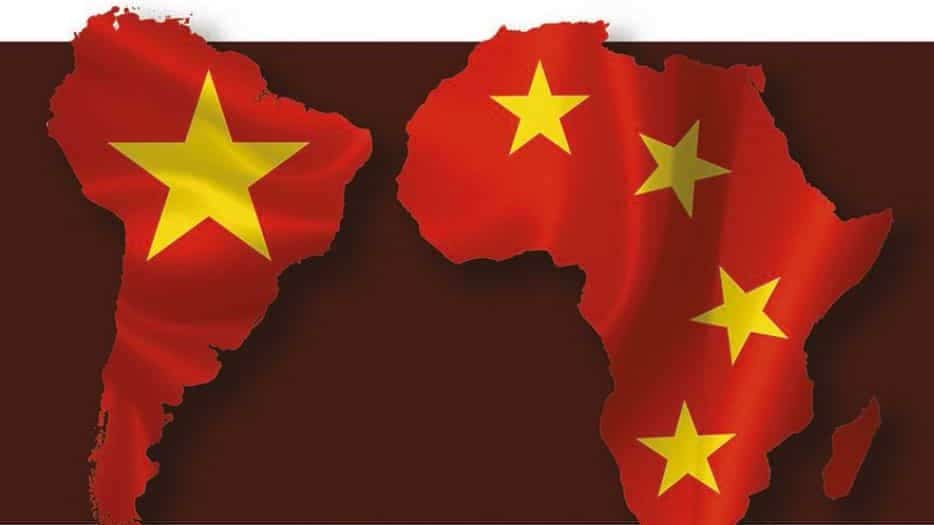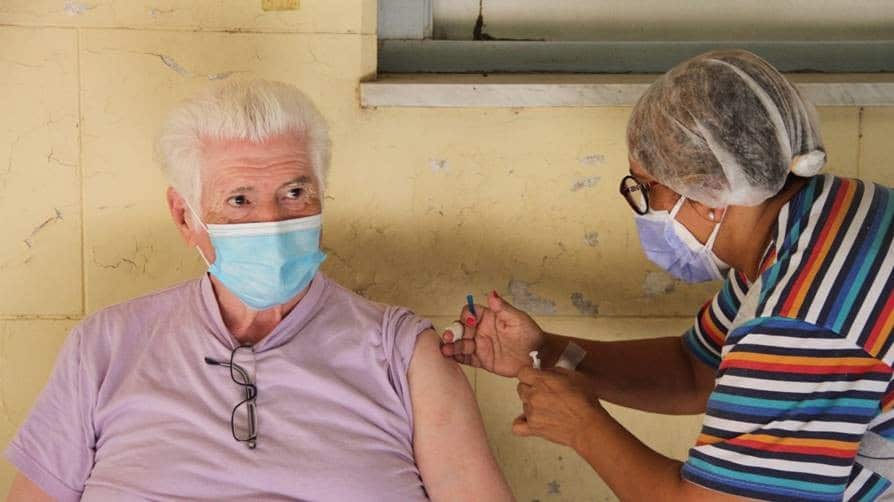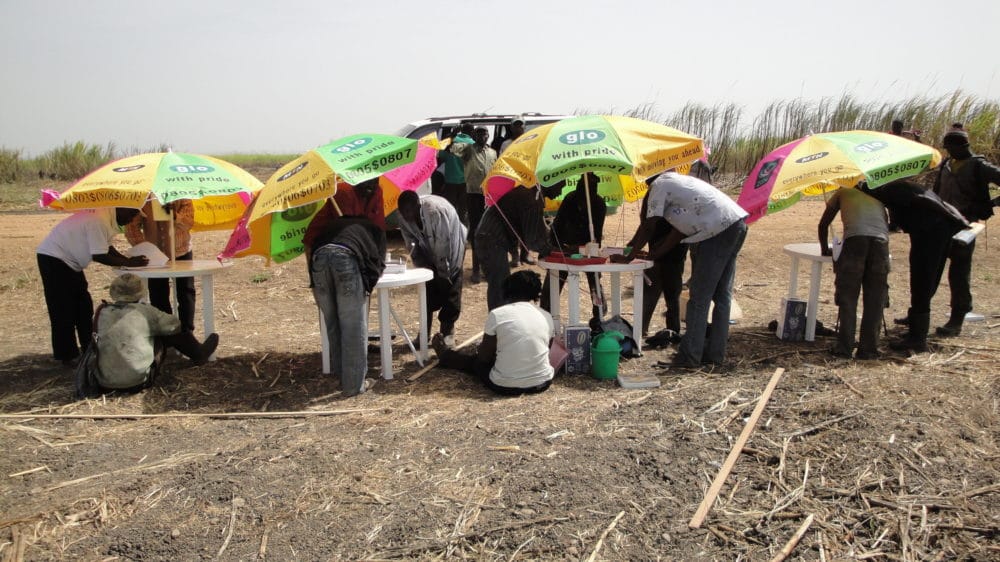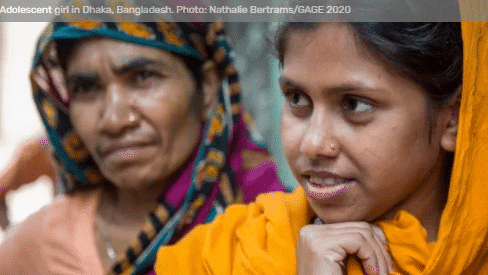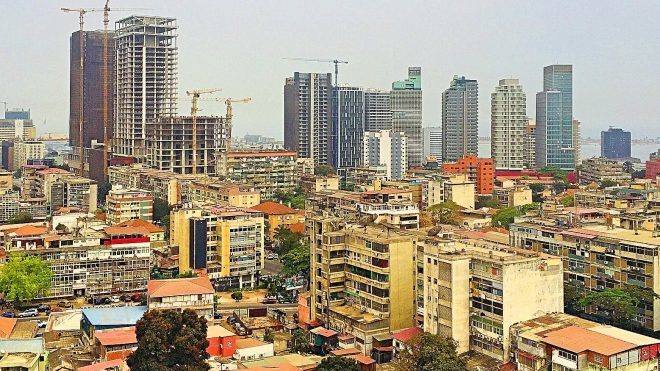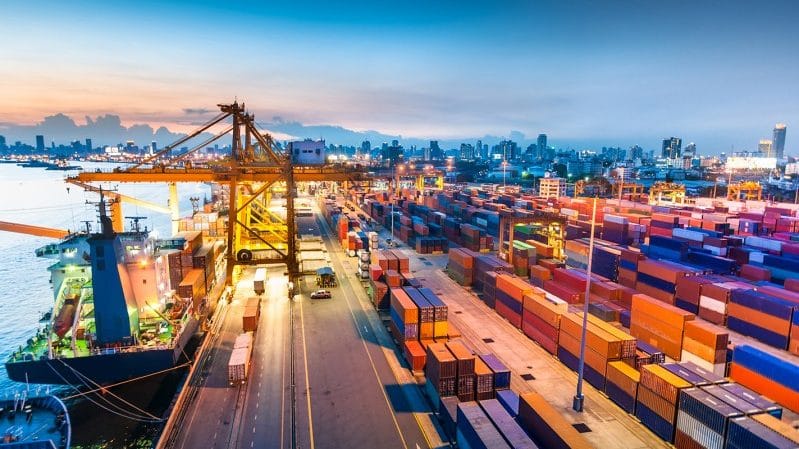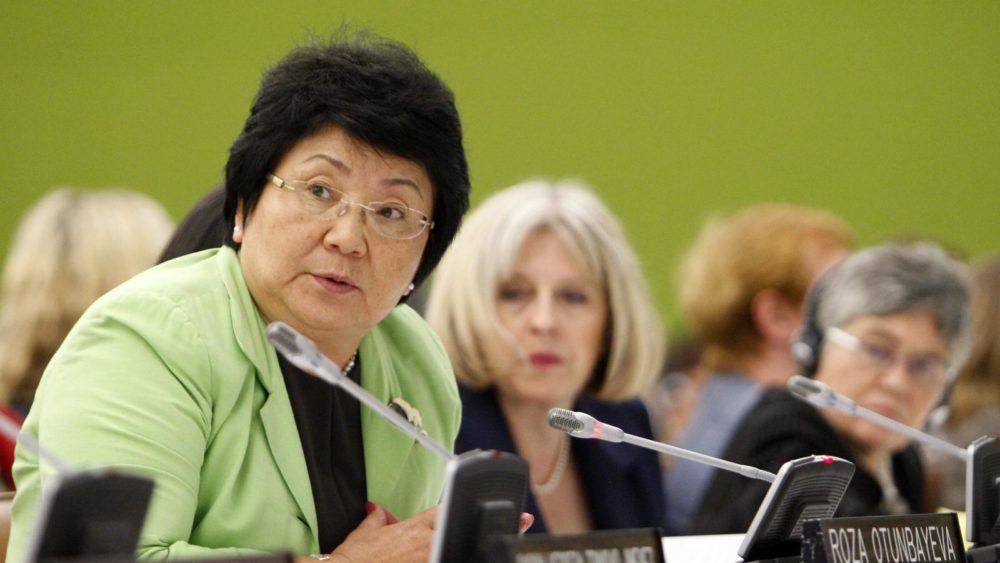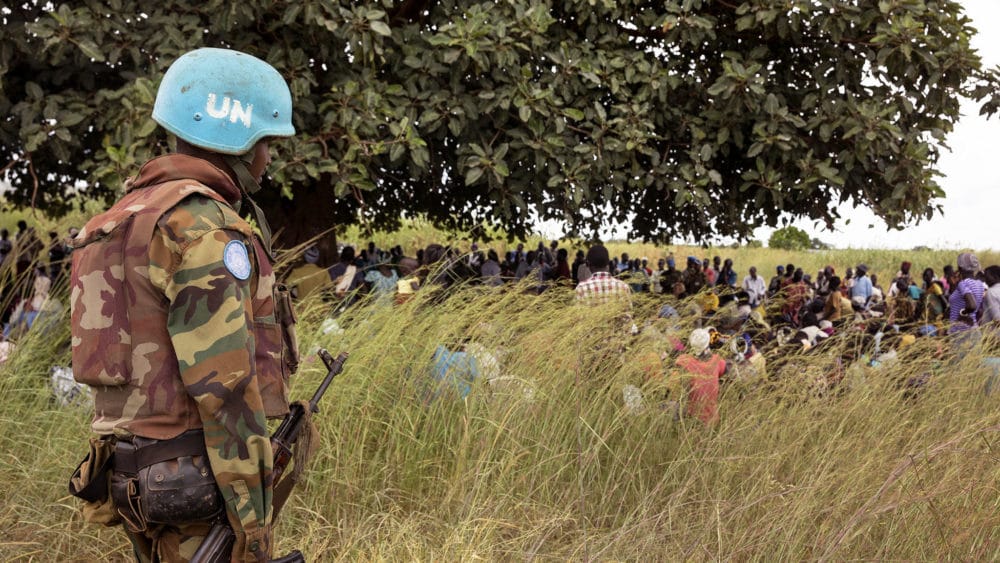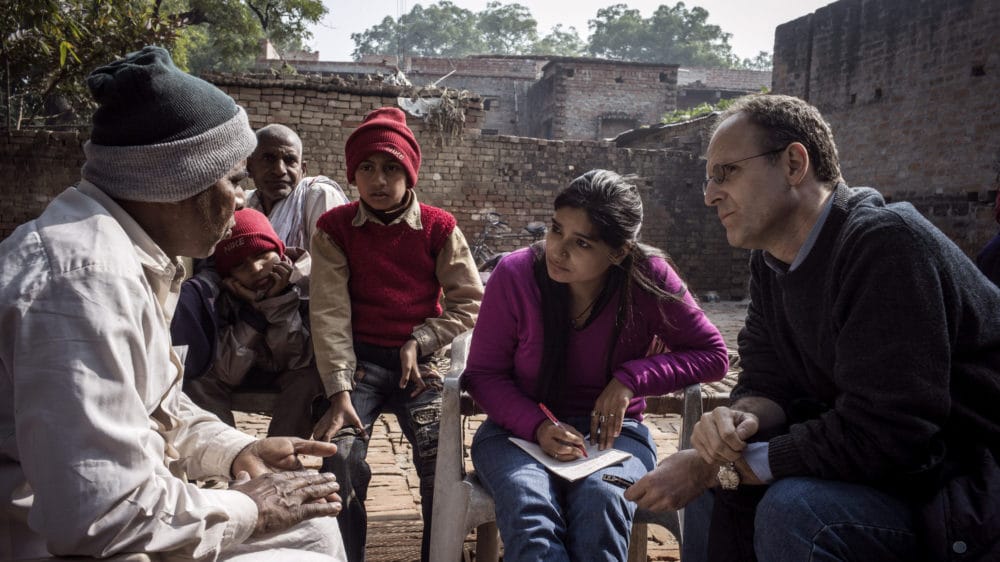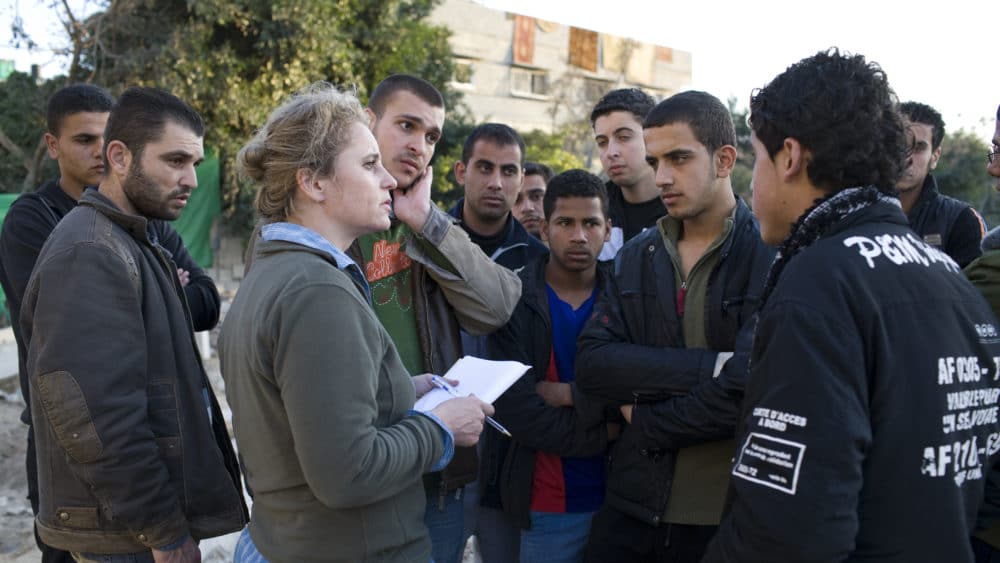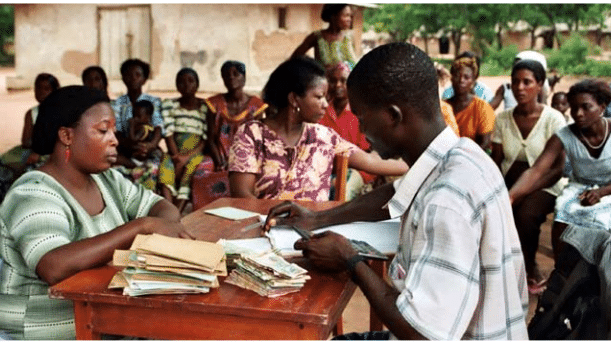In recent decades, the dominant trend in trade policy in developing countries has been one of liberalisation. In this project we carry out a systematic review of the evidence from CGE models regarding the effect of trade liberalization on income inequality and poverty in developing countries. CGE models possess a number of advantages for assessing the distributional impacts of trade liberalisation. Compared with simpler partial equilibrium models, they are much better placed to address the economy-wide effects of trade reforms, particularly on wages and employment.
There are three main findings from the research. First, there is a substantial body of literature using CGE models to investigate the effect of trade liberalisation on income inequality and poverty in developing countries. Second, evidence from CGE models suggests quite strongly that trade liberalisation tends to reduce poverty, but it is more likely to increase inequality than to reduce it. However, the effects are quite small in relation to actual changes in poverty and inequality observed in recent decades. Finally, variation in the estimated effects of trade liberalisation across and within studies can be explained, at least in part, by a range of factors, including outcome measure, country characteristics, fiscal responses to liberalisation, and factor mobility. These results illustrate the relevance of applying meta-analysis to the results from CGE models, as a way of comparing and analysing results across as well as within studies, as a complement to more traditional sensitivity analysis.

